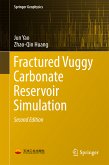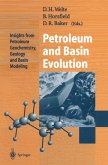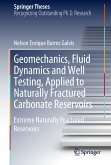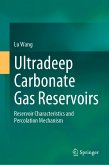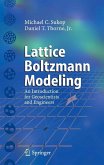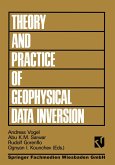This book provides a theoretical basis and technical support for carbonate acid stimulation design. Carbonate reservoirs are one of the most important sources of fossil fuels. Acid stimulation is an effective technique for enhancing reservoir performance and boosting production. The book stands as a fundamental guide in implementing acid stimulation techniques in carbonate reservoirs. It models the acid stimulation process, contemplating mass, momentum, and energy changes alongside the real mineral composition of the carbonate rock matrix. Comprehensive sensitivity studies are conducted to elucidate the targeted mechanisms and optimization principles for designing acid stimulation applications in carbonate reservoirs. This book also serves as an excellent foundation for numerical simulation, providing detailed descriptions of how finite volume methods and sequential decoupling algorithms are utilized for numerical discretization and solving decoupled solutions on staggered grids. This book is an essential reference for reservoir engineers, academics, and students interested in studying and performing acid stimulation in carbonate reservoirs. It also helps readers obtain an understanding of modeling reactive flow in porous media with coupling multi-physical fields, including hydrologic-chemical-thermal processes and multi-scale characteristics. In addition, this book also delves into scale-up methods, such as the fundamental theoretical foundations and important theorems of the volume averaging approach. The book is used as a textbook for senior undergraduate and graduate courses in petroleum engineering.
Dieser Download kann aus rechtlichen Gründen nur mit Rechnungsadresse in A, B, BG, CY, CZ, D, DK, EW, E, FIN, F, GR, HR, H, IRL, I, LT, L, LR, M, NL, PL, P, R, S, SLO, SK ausgeliefert werden.



